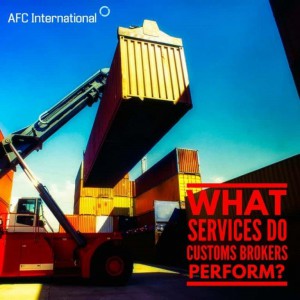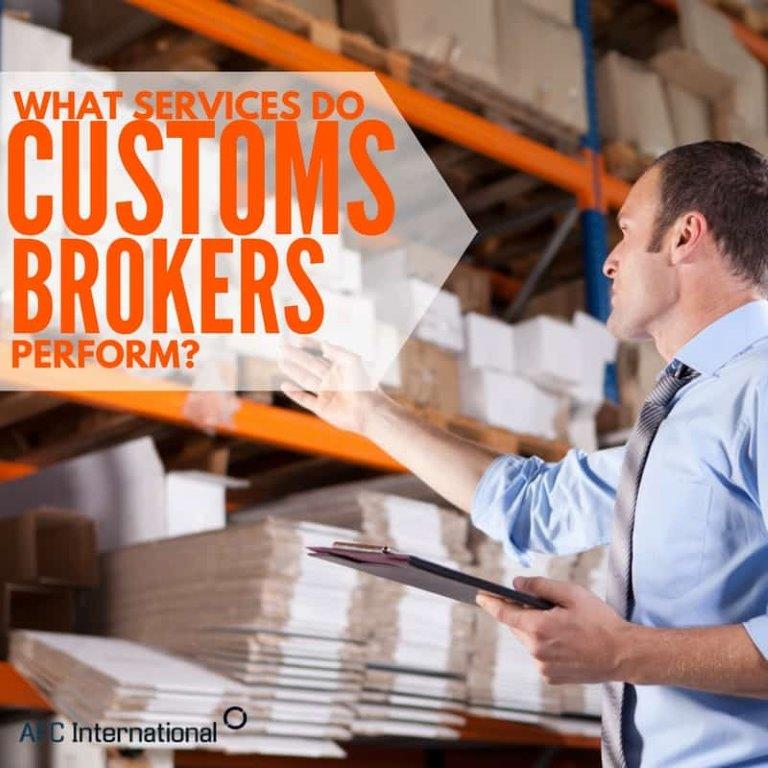Importers use the assistance of Customs Brokers to import goods efficiently without delays. Learn the most important tasks you must do as an importer and decide for yourself if you need to enlist the services of a Customs Broker.

Classify Your Goods Properly
Importers are responsible for the proper tariff classification of their imports. The Harmonized Tariff Schedule (HTS) is an internationally recognized system of names and codes to classify your goods. The U.S. Customs and Border Protection (CBP) makes the final determination of the proper duty rate for your items. Try the U.S. International Trade Commission’s HTS search tool to help you find the proper code.
Give an ISF Filing Heads Up
The Importer Security Filing, commonly known as the ISF, is a CBP regulation that affects ocean shipments entering the country. THE ISF alerts the CBP when high-risk shipments are en route to ensure the safety of the country’s borders. Review our ISF guide and find out everything you need to know about ISF 10+2 filings.
Provide a Surety Bond
A party that imports goods into the U.S. or transports imported goods through the U.S. must provide a surety bond (customs bond) to the CBP to

assure financial responsibility. This bond protects the U.S. government in case the importer does not fulfill his or her obligation to pay monies (duties, monetary penalties, etc.) while the goods are in Customs custody and/or following the release of goods. Find out everything you need to know about surety bonds to be prepared.
Importing Resources Paperwork
The following import resources must be put together by an importer or for a Customs Broker:
- A commercial invoice that lists the purchase price, country of origin and HTS tariff classification
- A packing list detailing your imports
- A bill of lading that lists goods in the form of a receipt.
- An arrival notice from the U.S. agent
Customs Brokerage Services That Achieve Import Clearance
Importers not up to speed with the proper terminology and import clearance procedures may have difficulty achieving import clearance. Look for the following services from a Customs Broker:

- Automated broker interface
- Duty drawback services
- Electronic transfer
- Pre-release of shipments
- Remote location filing
Compliance services:
- Tariff classification review
- Compliance support
- Post-entry services
- Binding ruling
Hire a Customs Broker
Working with a Licensed Customs Broker ensures your import documentation is filed properly and the details are handled by professionals trained to maneuver the import customs clearance process. Customs Brokers handle all of the above services so you can concentrate on importing goods. Customs Brokers can help your imports arrive on time and handle all of the detailed paperwork for you to avoid import process hurdles.


Leave a Reply
You must be logged in to post a comment.